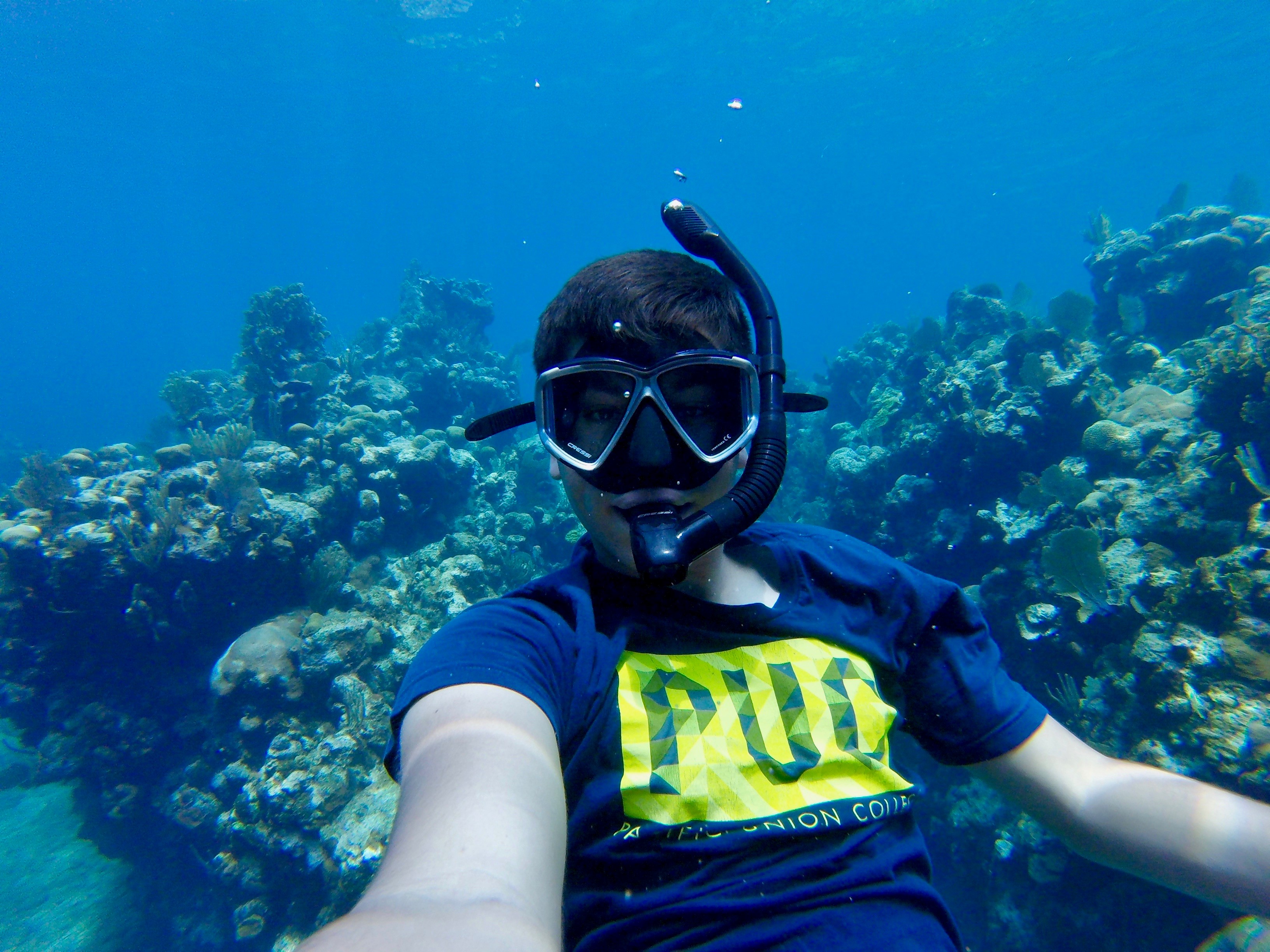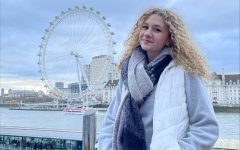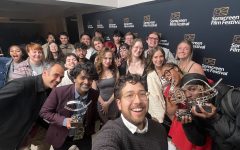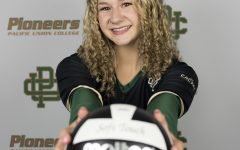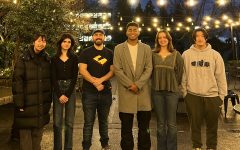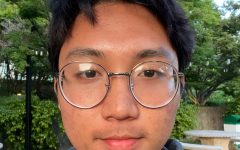Student Research Profile: Antonio Robles
March 5, 2019 2023-12-13 15:48Student Research Profile: Antonio Robles
Here at PUC, biology students have countless opportunities to get involved with research, oftentimes working alongside professors on projects. Programs are specially curated to not only prepare students academically but also to equip them with real-world experience for success in future endeavors.
Here’s one student’s experience and how they feel PUC helped prepare them.
Who are you?
I am Antonio Robles, and I am a junior biology major. I am currently a pre-medicine student looking at research opportunities in the medical field or in marine biology.
What did you do?
I participated in research with Dr. Hayes by studying the symbiotic associations of urchins in the Sea of Cortez. Most were done by natural observations by counting holes with the urchins and writing down every species seen in the hole. In the summer, I also participated in neuroscience research with Dr. Sung. I was in charge of finding a way to stain the C. elegans tissue to link possible neurological damage due to overconsumption of food to dementia.
When and where did you do this work?
In the summer of 2018, I spent 11 weeks working with the C. elegans alongside Dr. Sung. This was all spent in the microbiology lab at PUC. In the first week of January 2019, I spent working with Dr. Hayes gather data for the associations with urchins in Baja California Sur, Mexico.
What did you learn?
From both experiences, I learned about the helpful scientific community and how to use certain equipment. Specifically, with Dr. Sung, I was able to communicate with successful research scientists in Switzerland through the internet to come up with an apparatus that would allow the staining and slicing of C. elegans. This cooperation was a highlight as it allowed me to move forward in my research while seeing how there is always collaboration in science. In addition, I learned how to use cryostats, different types of microscopes, micropipettes, and other tools. With Dr. Hayes, I learned the hard work it takes to do fieldwork and how to record data in computers. Each night Dr. Hayes would spend hours adding all the observations in Excel and being able to observe was a great experience.
How did your experience at PUC help prepare you for this experience?
Taking the Biological Foundations sequence helped me be familiar with lab tools such as the microscope and micropipette. In addition, it gave me the ground foundations for knowing about the brain and the importance of C. elegans for science. Intro to Research Methods II was very helpful in the way we approach research. This allowed me to know how to contact different researchers around the world to collaborate and it also gave me the opportunity to receive a grant for the research in Mexico on urchins. Past experiences with Dr. Hayes doing research in Clear Lake and Roatán, Honduras, also allowed me to be ready.

